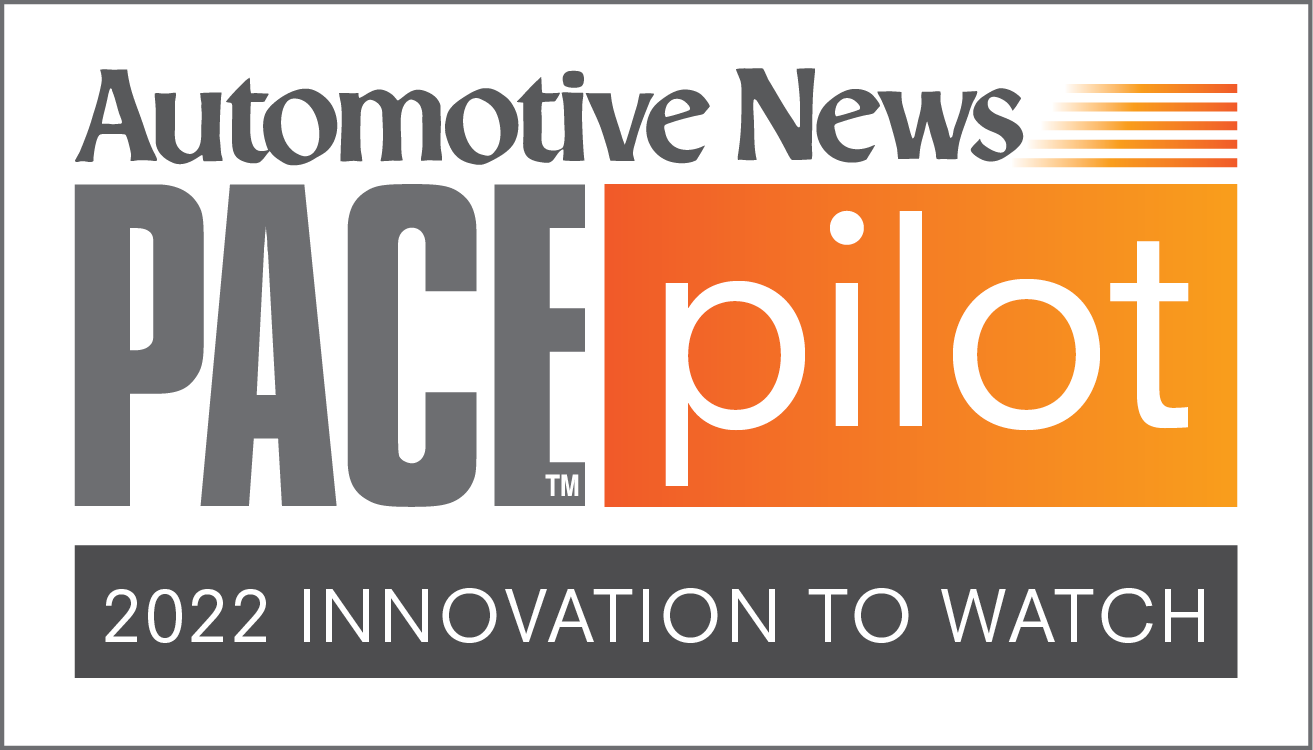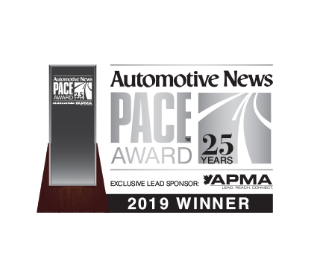The Shift to Electrification Comes At a Cost
90% of EV motors use problematic rare-earth (RE) magnets which brings:
Extracting and processing RE metals causes environmental damage.
Price of permanent magnet REs have doubled over a year and continue to climb.
Over $2 Billion RE elements (REE) demand will go unmet in 2030.

Tula's Award Winning Software Makes Problematic Rare Earth Metals Obsolete
Software-based Dynamic Motor Drive technology extends battery range in EVs at a lower cost. DMD won the 2022 PACEpilot Innovations to Watch award out of 23 well known and respected finalists.
Learn More About DMDWhere There’s a Motor, DMD Can Improve It
Improve efficiency by up to 5% in the fast growing $75B wind turbine industry.
Replace with software driven efficient synchronous reluctance motors.
Improve efficiencies of fans and compressors through software.
Exceptional Team Makes Global Impact



Diverse Staff with Multi-disciplinary expertise
Our collaboration with General Motors delivered technology to 2M+ vehicles on the road
Beyond EV Efficiency
Proven Success at Scale with IC Engines & Commercial Vehicles.

Diesel Dynamic Skip Fire (dDSFTM) reduces NOX by 74% and CO2 by 5%
Learn MoreDynamic efficiency starts with Tula


